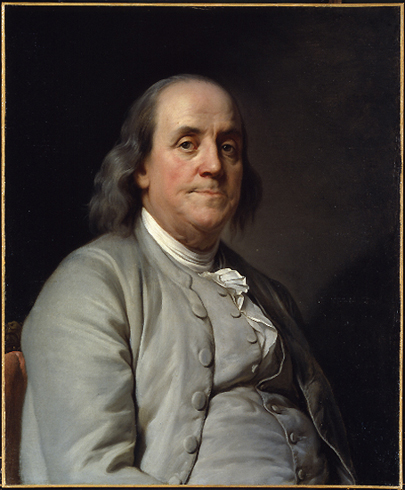 |
| "Each and All" RWE lines 11-12 |
This quote came from Emerson's poem, "Each and All." This poem, as well as nearly all of Emerson's writing, attempts to find the roles of an individual and society in the world. Part of what Emerson says in this poem is that we cannot become blind to the beauty and resources that nature has to offer us, and even if one is not near other humans, one is not necessarily alone. Emerson does not promote a life of isolation ever in his texts, so this quote does support his ideas. This image depicts how nature itself is built on the premise of community. There are many pieces that make up what we know as "nature," and they are dependent on the others.
Pulling this quote out from its context means that some of the depth and continuity in meaning is lost. He claims that when we look at individuals, we are not able to see the entirety of it until we see it with others. I find this interesting, considering that often in his work, we find that Emerson pushes us to separate from the society. Most of his texts simplify everything down to being independent and self-reliant. This quote, however, challenges this idea; there is a necessary part of nature that needs community. Community is built upon the fact that each individual is fulfilling their purpose and calling in the community, which may be how Emerson is able to tie this quote in with his text.



